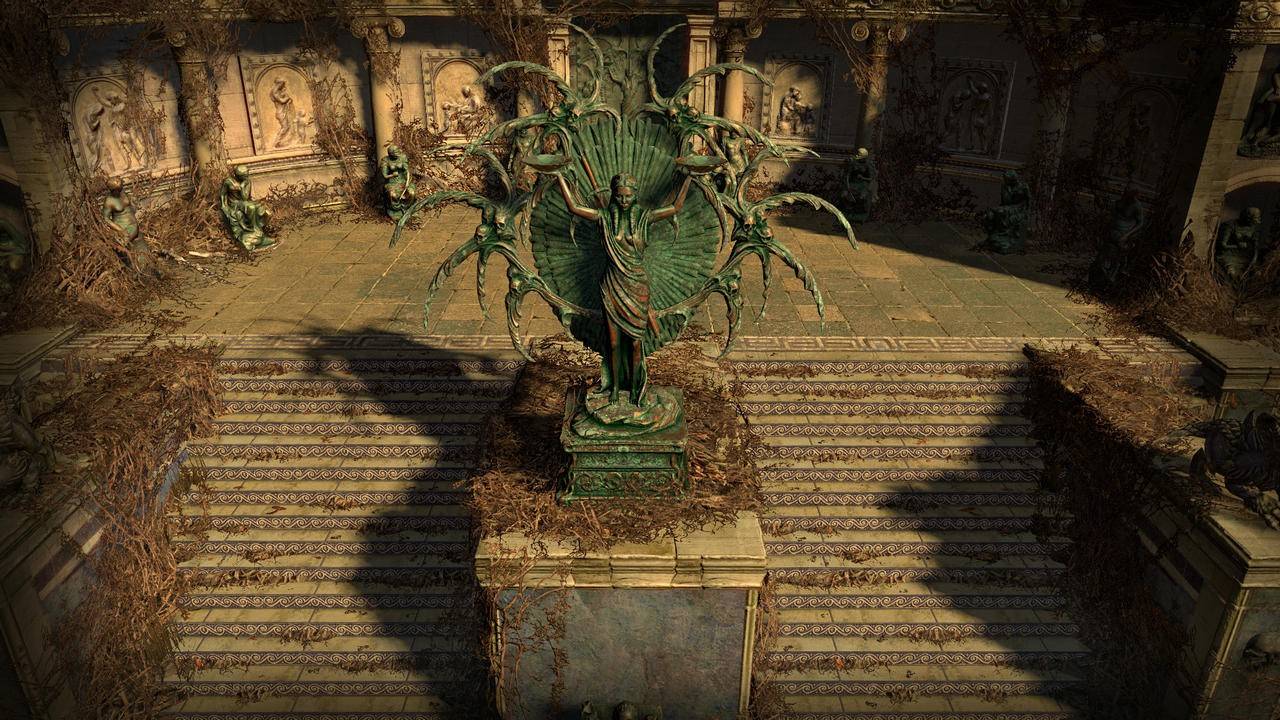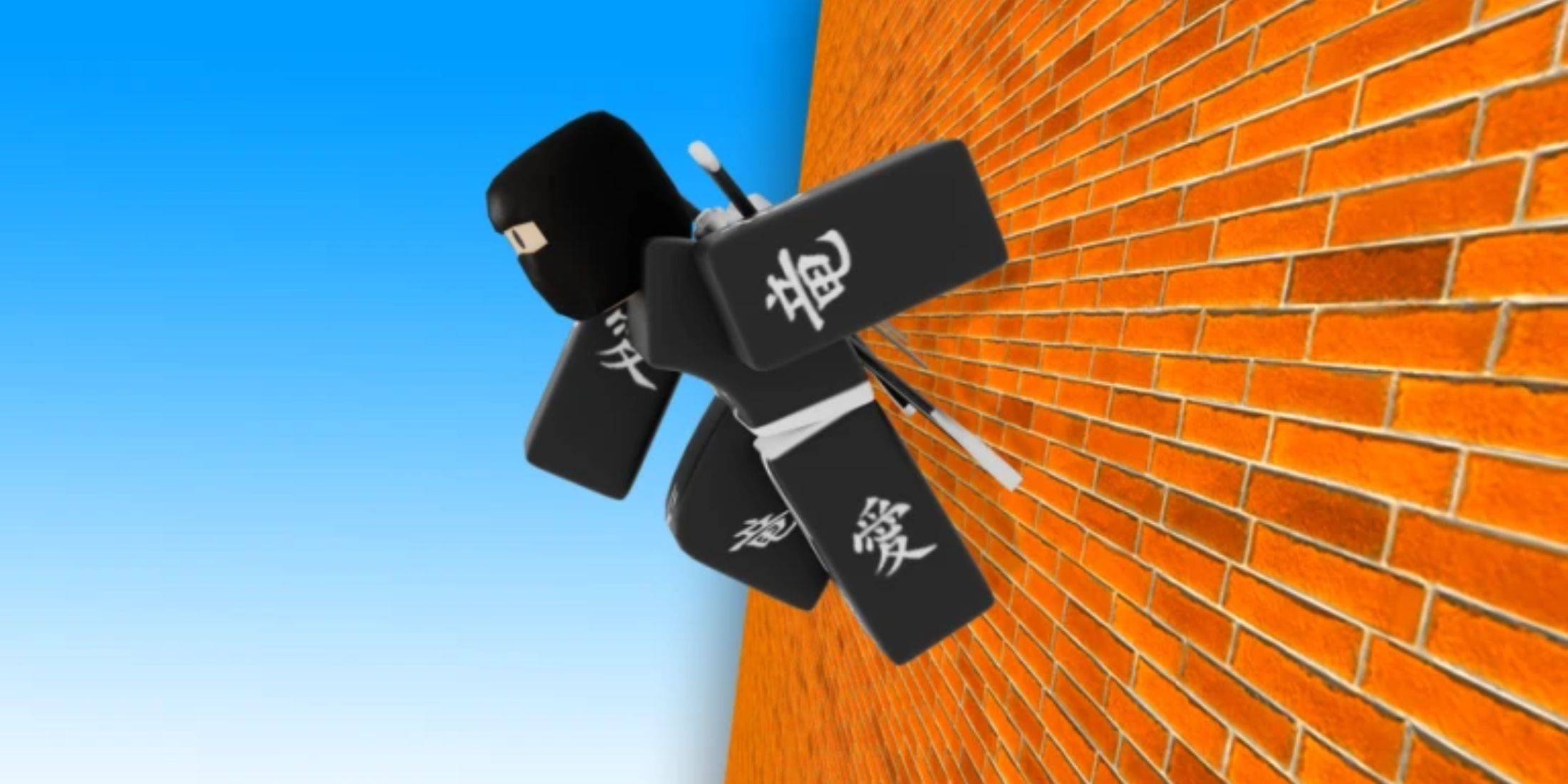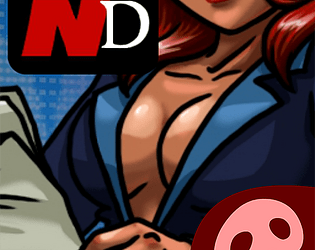The sudden removal of Warner Brothers' entire catalog of original Looney Tunes shorts from HBO Max has left fans reeling. These iconic shorts, which were produced from 1930 to 1969, represent a "golden age" of animation and were instrumental in shaping Warner Brothers into the powerhouse it is today. The decision to pull these culturally significant pieces from the streaming service is part of a broader strategy to focus on adult and family programming, as children's content reportedly does not drive significant viewership numbers for the platform.
This move is particularly jarring given the recent history of Warner Brothers' handling of Looney Tunes-related projects. For instance, at the end of 2024, HBO canceled its deal for new episodes of "Sesame Street," a show that has been a cornerstone of childhood education since 1969. While some newer Looney Tunes spinoffs remain available on HBO Max, the essence of the franchise has been stripped away with the removal of the classic shorts.
The timing of this decision is especially odd, as it coincides with the theatrical release of "The Day the Earth Blew Up: A Looney Tunes Story" on March 14. Initially developed for Max, the film was sold to Ketchup Entertainment after the Warner Brothers and Discovery merger. With a modest marketing budget, the film has only managed to earn just over $3 million at the box office during its opening weekend across more than 2,800 theaters nationwide.
The public's reaction to the handling of "Coyote Vs. Acme" last year, where Warner Brothers Discovery opted not to release the completed film due to distribution costs, suggests there is still a strong demand for Looney Tunes content. The decision not to release "Coyote Vs. Acme" has been met with widespread criticism from the animation community, with actor Will Forte calling it "f—king bulls—t" and expressing his frustration over the seemingly inexplicable choice.
This series of decisions by Warner Brothers raises questions about the company's commitment to preserving its legacy and supporting its creative output, especially in the face of public backlash and the evident demand for these beloved characters and stories.









